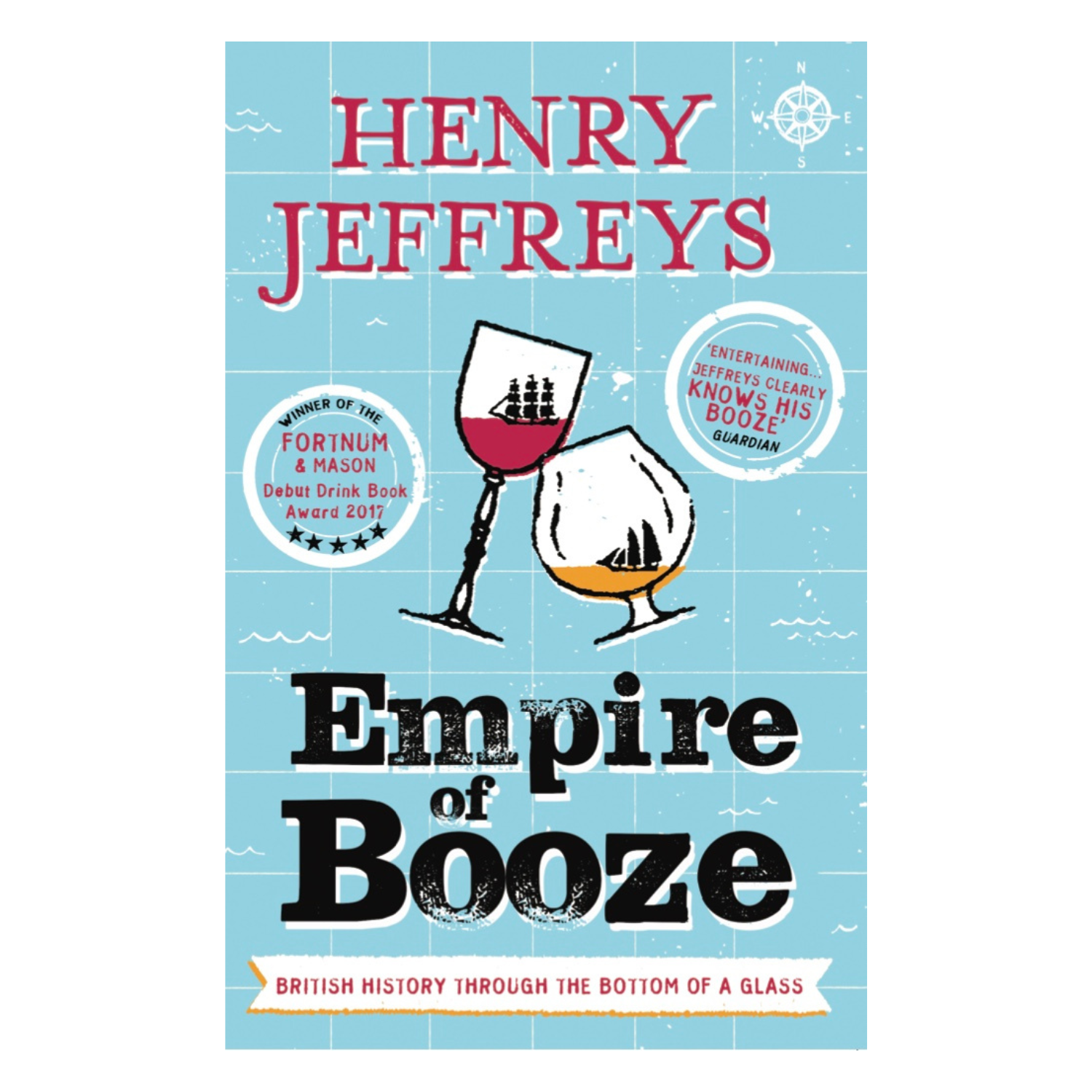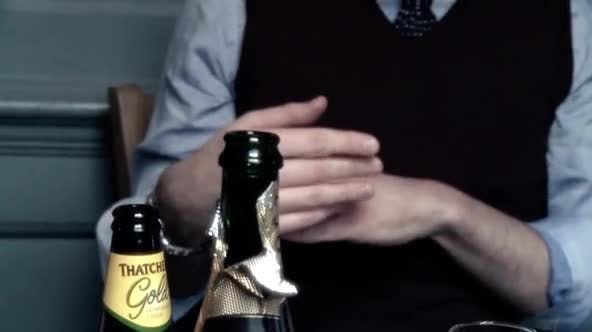

About The Book
Winner of the Fortnum and Mason Best Debut Drink Book Award 2017
From renowned booze correspondent Henry Jeffreys comes this rich and full-bodied history of Britain and the Empire, told through the improbable but true stories of how the world’s favourite alcoholic drinks came to be.
Read about how we owe the champagne we drink today to seventeenth-century methods for making sparkling cider; how madeira and India Pale Ale became legendary for their ability to withstand the long, hot journeys to Britain’s burgeoning overseas territories; and why whisky became the familiar choice for weary empire builders who longed for home.
Jeffreys traces the impact of alcohol on British culture and society: literature, science, philosophy and even religion have reflections in the bottom of a glass. Filled to the brim with fascinating trivia and recommendations for how to enjoy these drinks today, you could even drink along as you read…
So, raise your glass to the Empire of Booze!
Charming ... Never mind books about drink – a book you can drink, now that’s a Christmas gift.
Be a part of our community! 334,112 people from 207 countries have pledged £11,980,334 to fund 646 projects - and counting!
